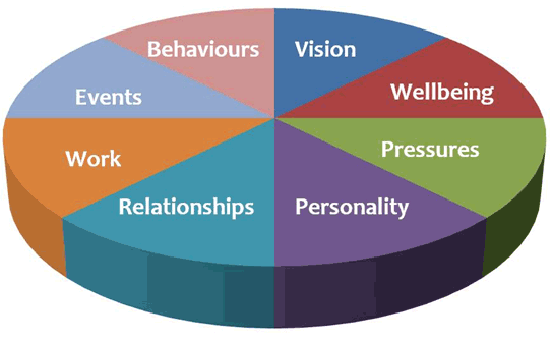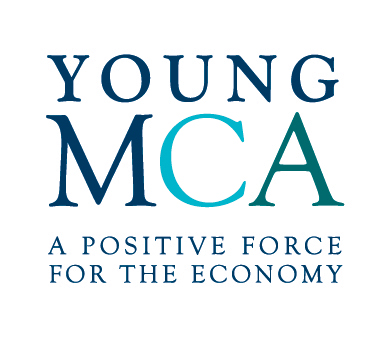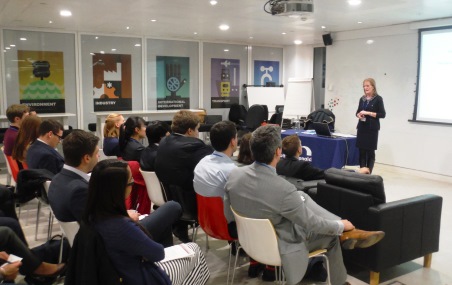Many consultants talk about stress, but what does it really mean and how can we avoid it? Young consultants from over 20 firms explored this topic at a recent Young MCA event held jointly by LCP Consulting and Mott MacDonald.
The event, delivered by business psychologist Susan Scott, an Associate for the Management Advisory Service began by looking at how stress can affect the body. Feeling unwell, agitated, tense, un-focused, anxious, worried or depressed can all stem as a response to this psychological change. This is all caused by individuals being ‘out of control’ or to give it a professional definition ‘an extreme adverse psychological response to perception of uncontrollable pressure, tension and strain’ (© Professor Derek Mowbray).
To deal with stress, Susan stated that consultants must understand and practice personal resilience. Resilience is about being in control of one’s mind in the face of challenging and adverse events. When in control you are able to evaluate events and gain meaning from them. This in turn produces your attitude towards that particular event and the behaviour that follows. The aim is to form an attitude towards an adverse event that enables you to cope with it effectively, without your performance being inhibited.
A highly resilient person demonstrates considerable energy for everyday life.
The Mowbray Personal Resilience Development Framework provides a combination of inputs to boosting resilience based on the three aspects of control – control over oneself, control over others and control over events.

As part of the session, Susan concentrated on a few specific inputs which boost resilience:
–Organisation (control over responses to events)
Being organised allows you to cope with disruptions and unforeseen events in daily life. Resilient people know where they are, and can control their working environment by careful planning and implementation.
–Self-Awareness (personal control)
People who know themselves well are often more inquisitive towards others. Due to this they may be able to understand others better, be more tolerant to their behaviour and respond to it more effectively. An essential ingredient to personal resilience is having a flexible and adaptable attitude towards others.
‘Knowing others is intelligence; knowing yourself is true wisdom, mastering others is strength; mastering yourself is true power’
–Relationships (control over responses to people)
Resilient people have relationships that provide appropriate reinforcement and support at the time it is required. Resilient people are less judgemental and reap the rewards of friendship.
‘If you always approach everyone with cheerful optimism, you will find that they simply have no choice but to respond in kind’.
Attendees participated in a number of exercises designed to demonstrate how resilient they already were and left with a number of techniques and exercises to embed personal resilience into their own lives.
By practising personal resilience you can significantly manage and reduce stress at work and find new enthusiasm for life. By approaching life with a positive attitude, determination and energy and you will have the capacity to cope with difficult and challenging events and adapt effectively to overcome them.

Susan can be contacted on susan.scott@mas.org.uk or visit the MAS website at www.mas.org.uk to learn more about the work of Professor Mowbray.
Written by Matthew Flynn, Consultant at LCP Consulting for the Young MCA Update.

